Have you ever gazed into the soulful eyes of a corgi and wondered what lies beneath that fluffy exterior and heart-melting smile? It’s easy to get caught up in their adorable antics—those stubby legs, perky ears, and that famously wiggly backside. But behind their royal reputation and social media stardom, corgis harbor a secret: a relentless drive to work, to organize, and to conquer any challenge put before them. Their journey from castle courtyards to windswept Welsh hillsides is a story of grit, intelligence, and a work ethic that will surprise even the most devoted dog lover.
The Ancient Origins of the Corgi
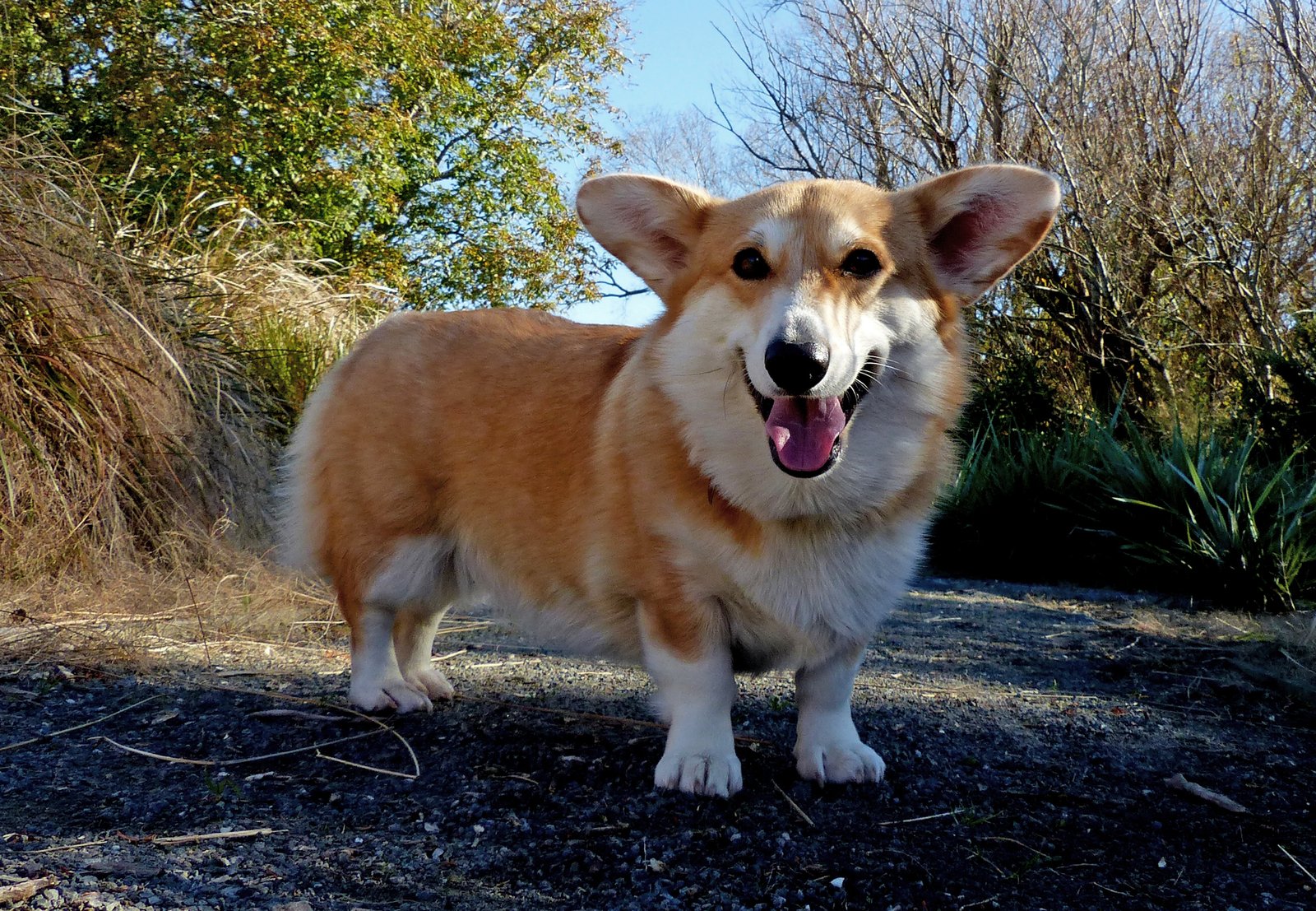
Corgis might look like modern-day internet sensations, but their roots run deep into ancient history. Historians believe that corgis have been working alongside humans in Wales for at least a thousand years, if not more. Folklore even claims they were gifts from woodland fairies, which might explain their almost magical charm. What’s certain is that early farmers bred them for a specific purpose: herding cattle and keeping livestock in line. Their small, agile bodies allowed them to nip at the heels of cows while staying out of harm’s way. This centuries-old partnership laid the foundation for the corgi’s reputation as a tireless worker and loyal companion.
Royalty and Recognition: The Queen’s Favorite
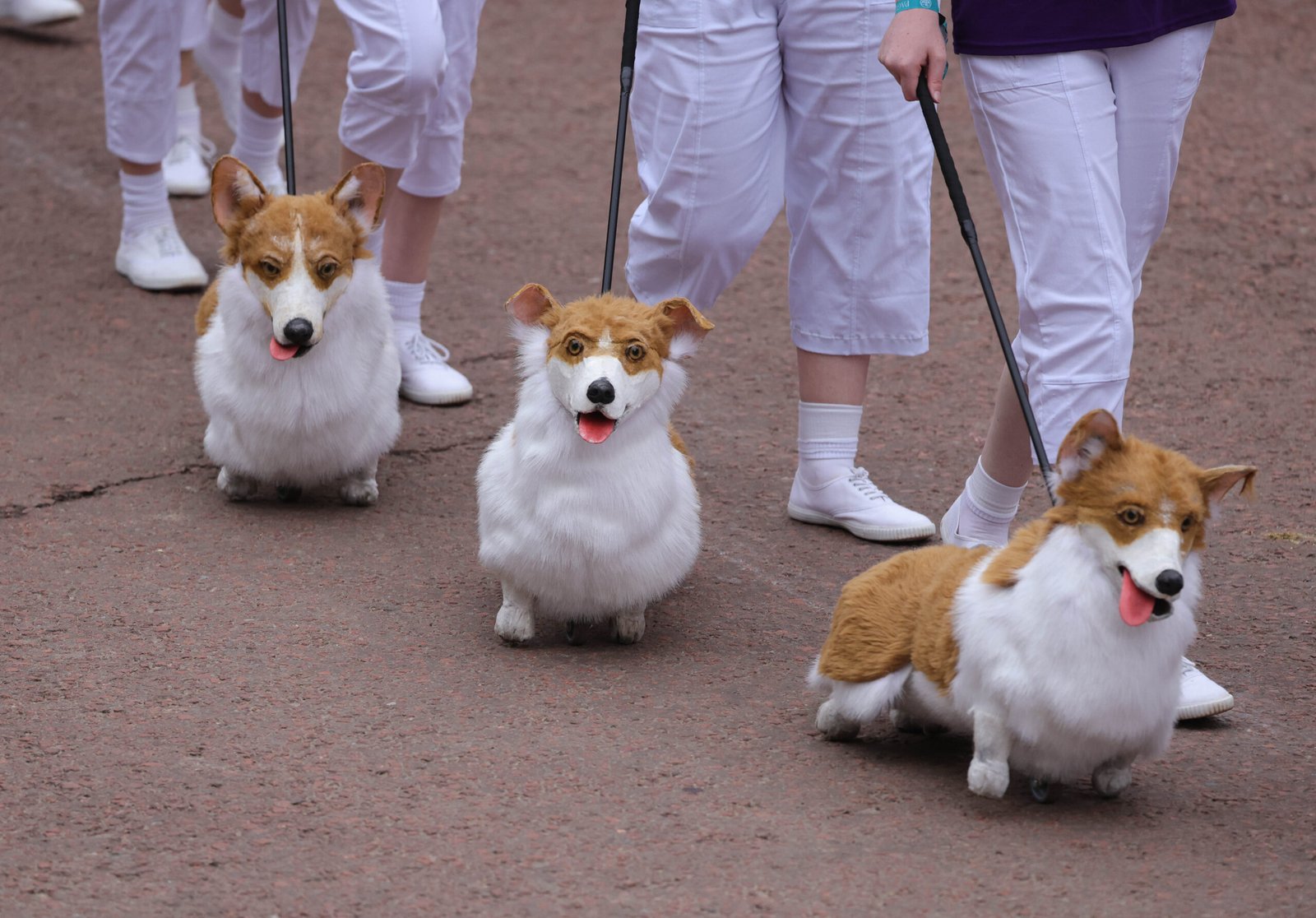
No conversation about corgis is complete without mentioning Queen Elizabeth II. Her lifelong love affair with Pembroke Welsh corgis brought the breed into the global spotlight. Since her childhood, the Queen has surrounded herself with these jaunty little dogs, and they’ve become synonymous with the British royal family. Beyond their royal status, the Queen’s corgis have shown the world that these dogs are not just lap warmers—they’re clever, energetic, and forever alert. This visibility helped highlight the breed’s hardworking nature and gentle temperament, transforming corgis into beloved household names.
Born to Herd: The Science Behind the Instinct
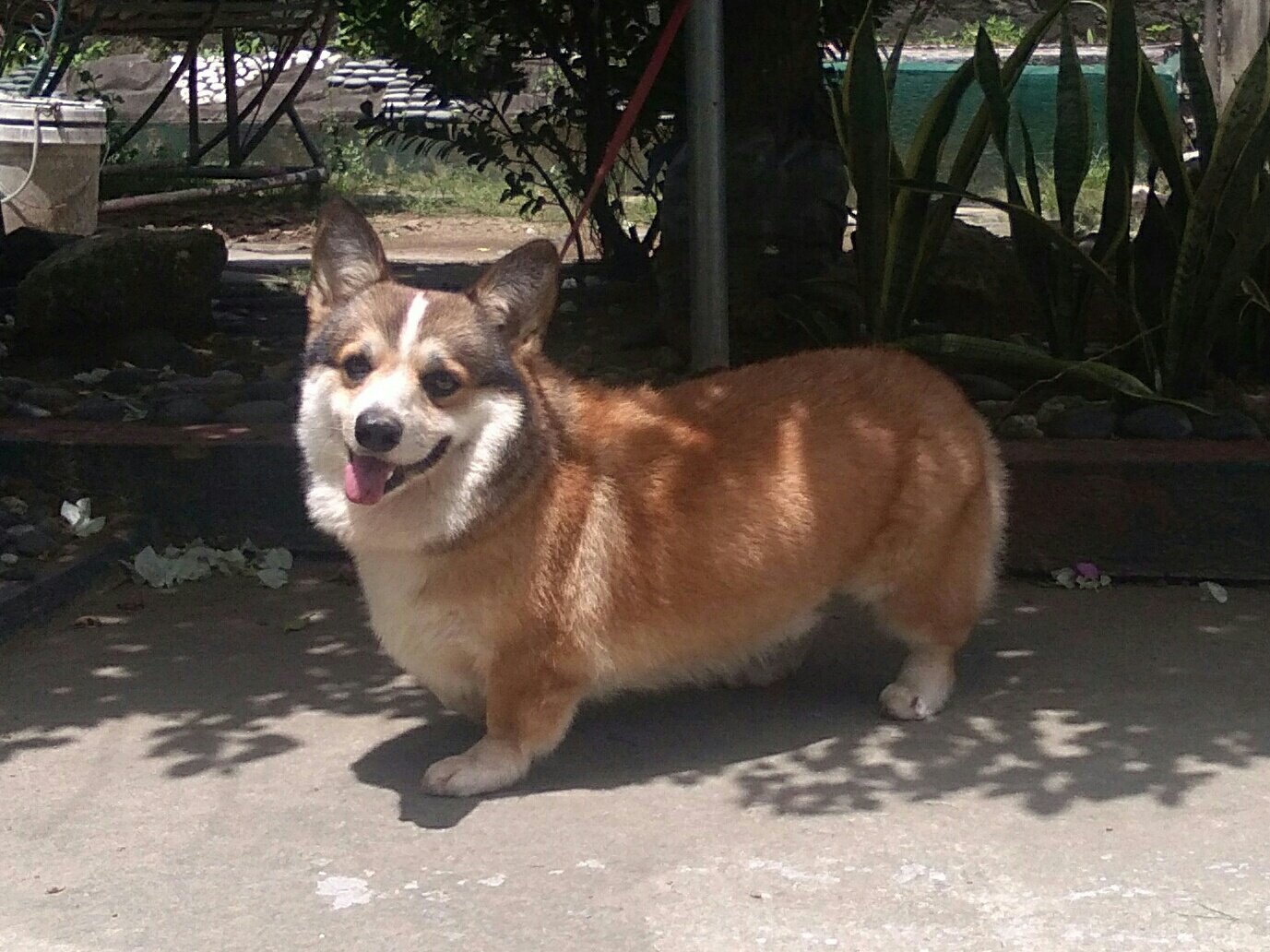
It’s not just tradition that makes corgis expert herders—there’s real science behind their instincts. Researchers have discovered that the breed’s strong prey drive and problem-solving skills are hardwired into their DNA. Corgis excel at reading body language and anticipating the movements of other animals. Their low-to-the-ground stature isn’t just cute—it’s practical. It lets them dodge kicks from cattle and maneuver quickly through fields. Studies show that herding breeds like corgis possess heightened intelligence and an unyielding desire to complete tasks, setting them apart from many other companion breeds.
Stature and Strength: Small Bodies, Big Impact
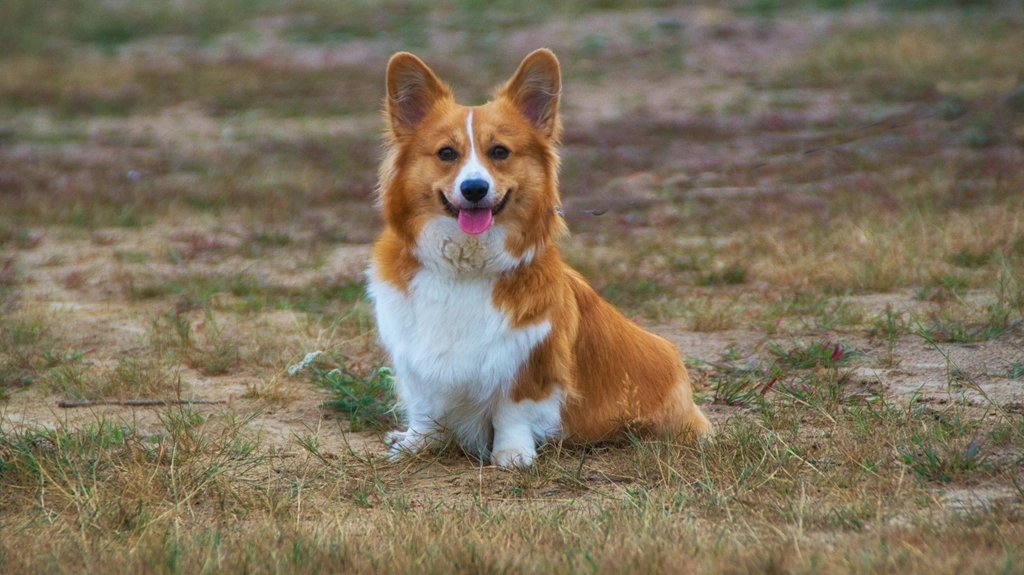
At first glance, corgis might seem too small for tough farm work. But don’t let their size fool you. Their compact frames are packed with muscle and endurance. Think of them as the sports cars of the dog world—low, powerful, and surprisingly fast. Their short legs give them stability, while their broad chests provide strength for quick bursts of speed. Farmers have long relied on these physical traits to help corgis control animals much larger than themselves. It’s a testament to how determination can overcome physical limitations.
The Double Life: Family Pet and Tireless Worker
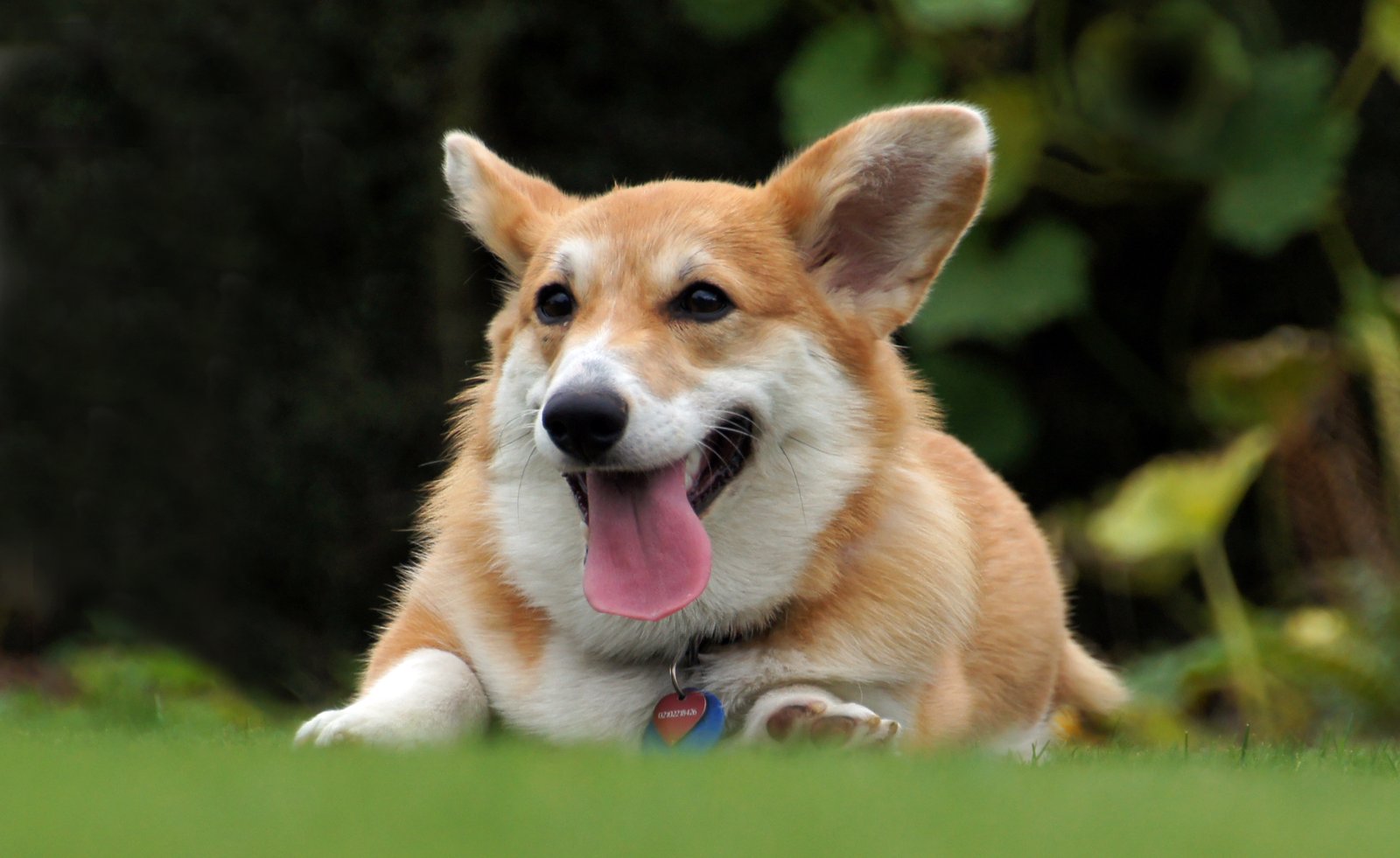
Many people know corgis as affectionate house pets, but their work ethic never really switches off. Even in a domestic setting, corgis display their herding instincts by rounding up children, chasing after toys, or keeping a watchful eye on family members. Owners often joke that their corgis “manage the household” as if everyone were a herd to be organized. This dual personality—loving companion and industrious worker—makes them uniquely suited to both family life and active jobs.
Communication Skills: Barking, Body Language, and Beyond
Corgis are natural communicators, using a complex mix of barks, growls, and body movements to get their point across. On the farm, a sharp bark could signal a stubborn cow, while a subtle shift in posture might alert a farmer to trouble. Even at home, corgis use these skills to interact with their humans, expressing excitement, concern, or impatience with remarkable clarity. Their vocal nature may surprise new owners, but it’s all part of their built-in toolkit for managing animals and people alike.
The Herding Technique: Nipping and Dodging
Corgis employ a unique herding style that sets them apart from other breeds. Their signature move is to nip gently at the heels of livestock, urging them in the right direction without causing harm. Their agility allows them to dodge kicks or sudden movements, keeping themselves safe while maintaining control. Watching a corgi at work is like witnessing a carefully choreographed dance—every move is calculated, every leap is purposeful. This technique, honed over generations, is a perfect blend of instinct and learned behavior.
Intelligence and Problem-Solving Ability
Few dog breeds can match the corgi’s quick thinking and adaptability. These dogs excel at figuring out puzzles, whether it’s finding a lost sheep or opening a tricky latch. Scientists have noted that herding breeds often display higher-than-average intelligence, and corgis are no exception. They thrive on mental stimulation and enjoy challenges that let them use both brain and body. Owners often find themselves outsmarted by their clever companions, especially when food or toys are involved.
Adaptability: From Open Fields to Urban Parks
While corgis were bred for the rolling hills of Wales, they’ve proven incredibly adaptable to modern life. City dwellers and suburban families alike have embraced the breed, thanks to their manageable size and cheerful demeanor. Corgis are just as happy patrolling a backyard as they are exploring vast meadows. Their adaptability makes them excellent candidates for dog sports like agility, obedience, and even therapy work, where their intelligence and people skills truly shine.
The Social Side of Corgis
Corgis are famously sociable, thriving on human interaction and bonding closely with their families. Unlike some working breeds that can be aloof, corgis crave attention and affection. This social nature is part of what makes them such effective herders—they’re attuned to the emotions and behaviors of those around them. Whether they’re guiding sheep or comforting a child, corgis seem to instinctively know how to bring people and animals together.
Energy Levels: Why Rest is Never on the Agenda
If you’re thinking about sharing your life with a corgi, be prepared for action. These dogs are bundles of energy, rarely content to sit still for long. Their boundless enthusiasm can be both delightful and demanding. Without regular exercise and mental challenges, corgis may become bored or mischievous. It’s this high-octane drive that made them such effective working dogs—and why they excel in active households today.
The Importance of Training and Structure
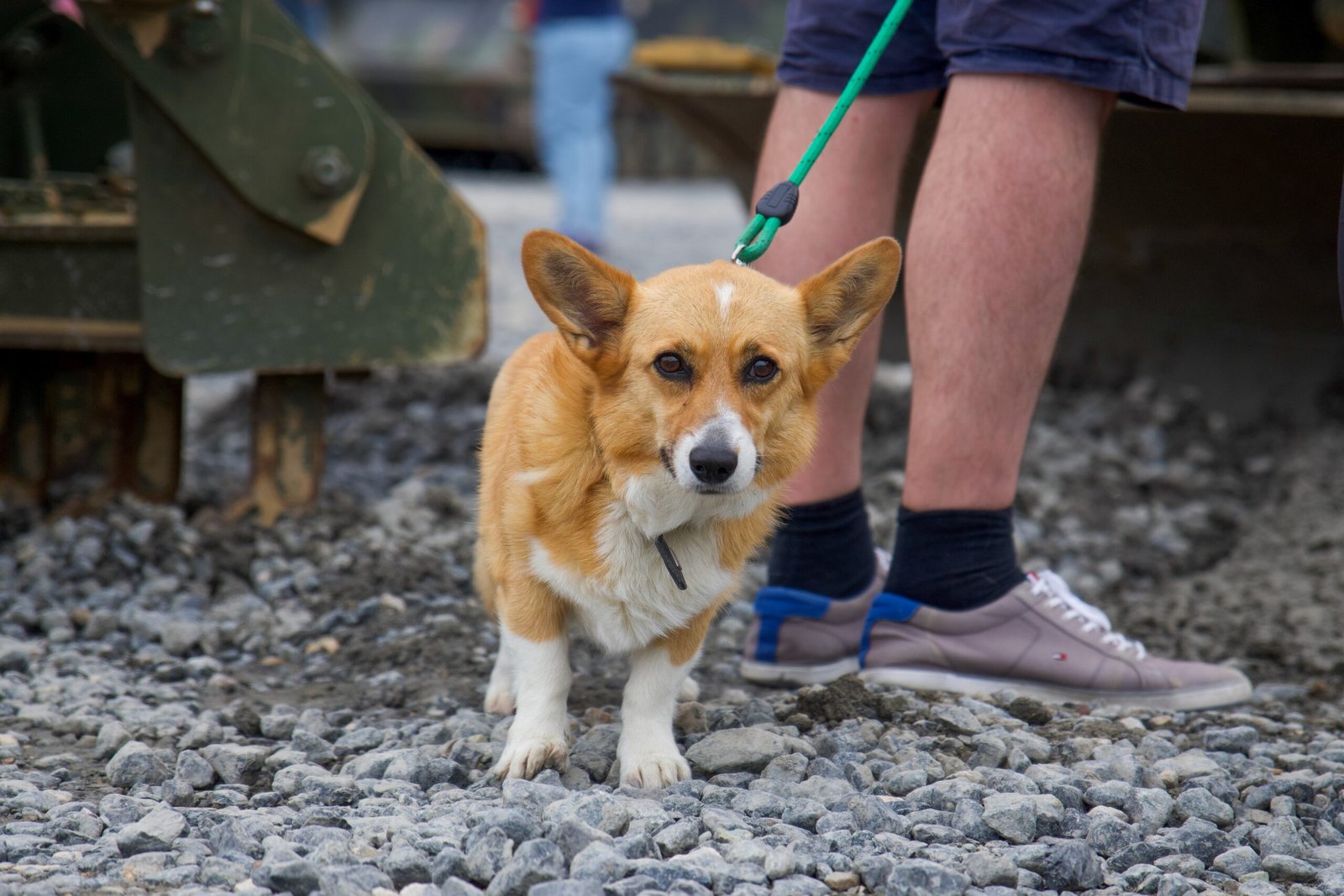
A corgi’s intelligence and energy can be a double-edged sword without the right guidance. Training is essential to channel their natural instincts in positive ways. Consistent routines, clear rules, and plenty of rewards help corgis thrive. Training sessions also provide mental stimulation, which is just as important as physical exercise. Many owners find that their corgis quickly master new skills, eager to please and always ready for the next challenge.
Challenges and Quirks: The Flipside of the Work Ethic
While their work ethic is impressive, corgis aren’t without their quirks. Their stubborn streak can sometimes make training a test of patience. They may also become overly protective or territorial if not properly socialized. Their strong herding instinct sometimes leads to ankle-nipping—adorable to some, but not always appreciated by small children. Understanding and embracing these traits is key to building a harmonious relationship with these spirited dogs.
Corgis in Modern Jobs: Beyond the Farm
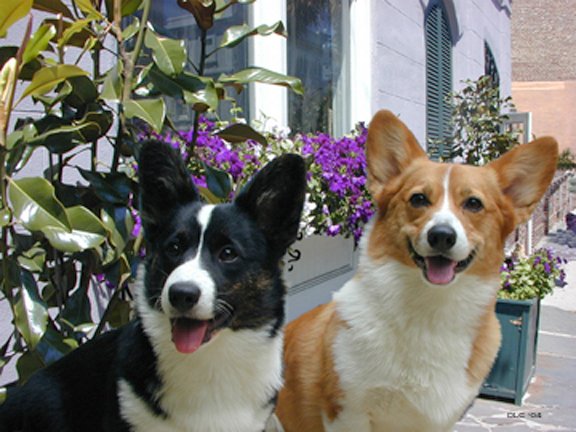
Today, many corgis have traded rural pastures for new careers in urban environments. Some serve as therapy dogs in hospitals and nursing homes, bringing comfort with their cheerful personalities. Others excel in competitive dog sports, showcasing their agility and obedience on the world stage. There are even corgis working as search-and-rescue dogs, using their keen senses to locate missing persons. Their versatility is truly astounding, proving that their work ethic extends far beyond traditional herding.
Health and Longevity: Built to Last
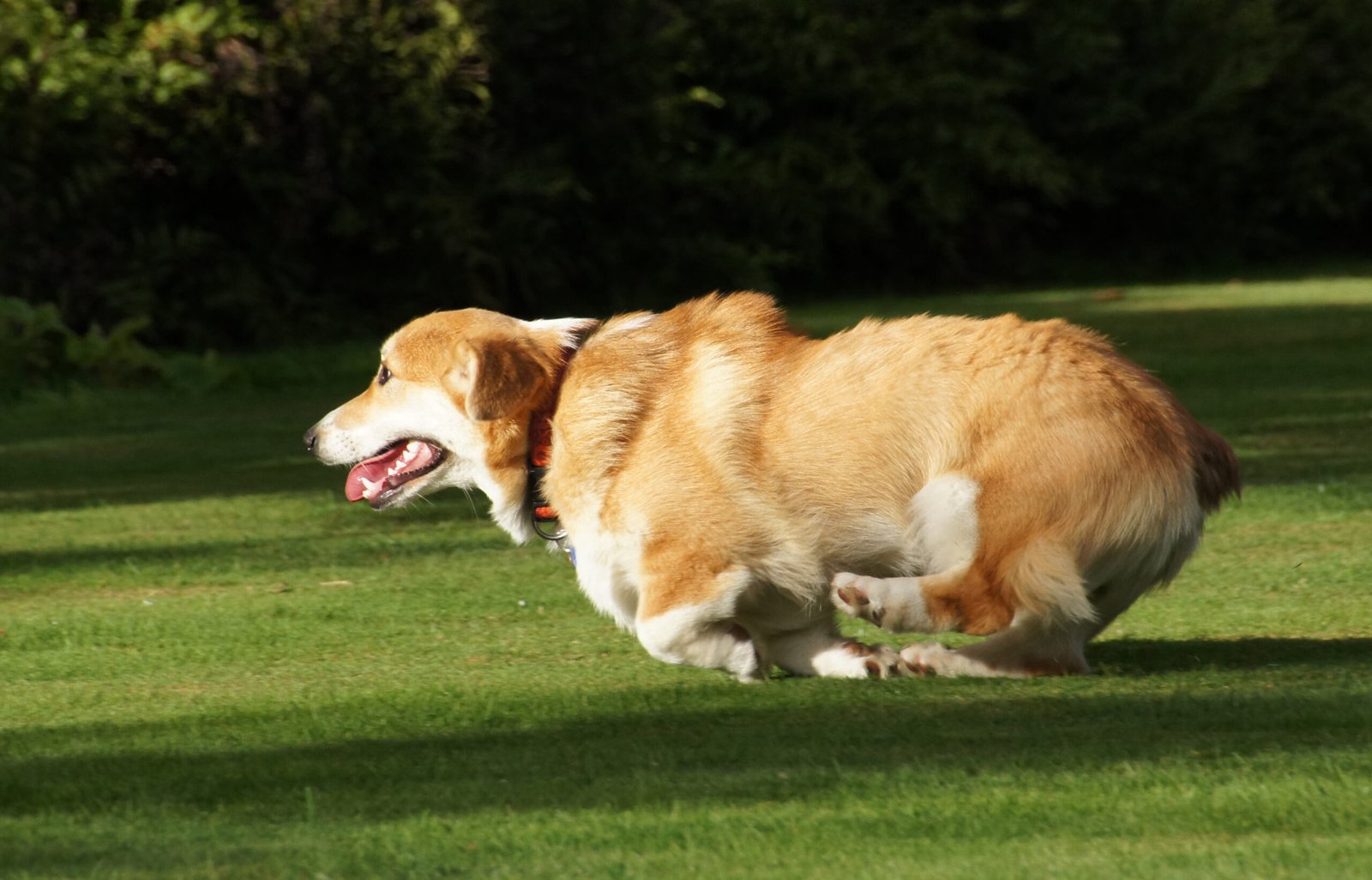
Corgis are generally robust and long-lived, often reaching 12 to 15 years with proper care. Their active lifestyles contribute to their overall health, but owners must be mindful of potential issues like hip dysplasia and obesity. Regular exercise, a balanced diet, and routine veterinary care are essential to keeping these hardworking dogs in top form. Their resilience is another testament to the breed’s remarkable design.
The Science of Corgi Happiness

Studies suggest that working breeds like corgis experience higher levels of happiness when they have a job to do. Whether it’s herding, playing fetch, or learning tricks, corgis thrive when their minds and bodies are engaged. Behavioral scientists have observed that these activities tap into their natural instincts, reducing stress and promoting well-being. It’s a vivid reminder that for corgis, work isn’t a chore—it’s a source of joy.
Famous Corgis and Their Stories
Beyond royal palaces, many corgis have captured hearts and headlines around the world. Some have become internet celebrities, amassing followers with their antics and adventures. Others have played starring roles in movies, TV shows, and even rescue operations. Each story showcases the unique blend of charm, intelligence, and determination that defines the breed. These tales inspire both laughter and admiration, adding to the legend of the corgi.
What Makes Corgis So Irresistible?
There’s something almost magnetic about corgis—the way they strut with confidence, greet strangers as friends, and tackle challenges head-on. Their expressive faces seem to radiate personality, while their playful antics never fail to bring a smile. Maybe it’s their perfect blend of hard worker and devoted companion, or perhaps it’s that unmistakable spark in their eyes. Whatever the reason, corgis have a way of winning hearts wherever they go.
Living with a Corgi: Lessons in Loyalty and Determination
Owning a corgi isn’t just about sharing your home with a cute dog—it’s about embracing a way of life. Corgis teach us the value of perseverance, teamwork, and joy in everyday tasks. Their unwavering loyalty is a constant reminder that hard work and love go hand in hand. For many, life with a corgi is an ongoing adventure, full of laughter, learning, and a little bit of chaos.
Why the World Needs More Corgi Spirit
In a world that often celebrates speed over substance, corgis remind us of the power of steady determination. Their legacy as both royal companions and herding machines proves that greatness comes in all shapes and sizes. Corgis show us that a little dog with a big heart—and an even bigger work ethic—can change the world, one wag at a time. Would you have guessed such a tiny package could hold so much drive and devotion?




